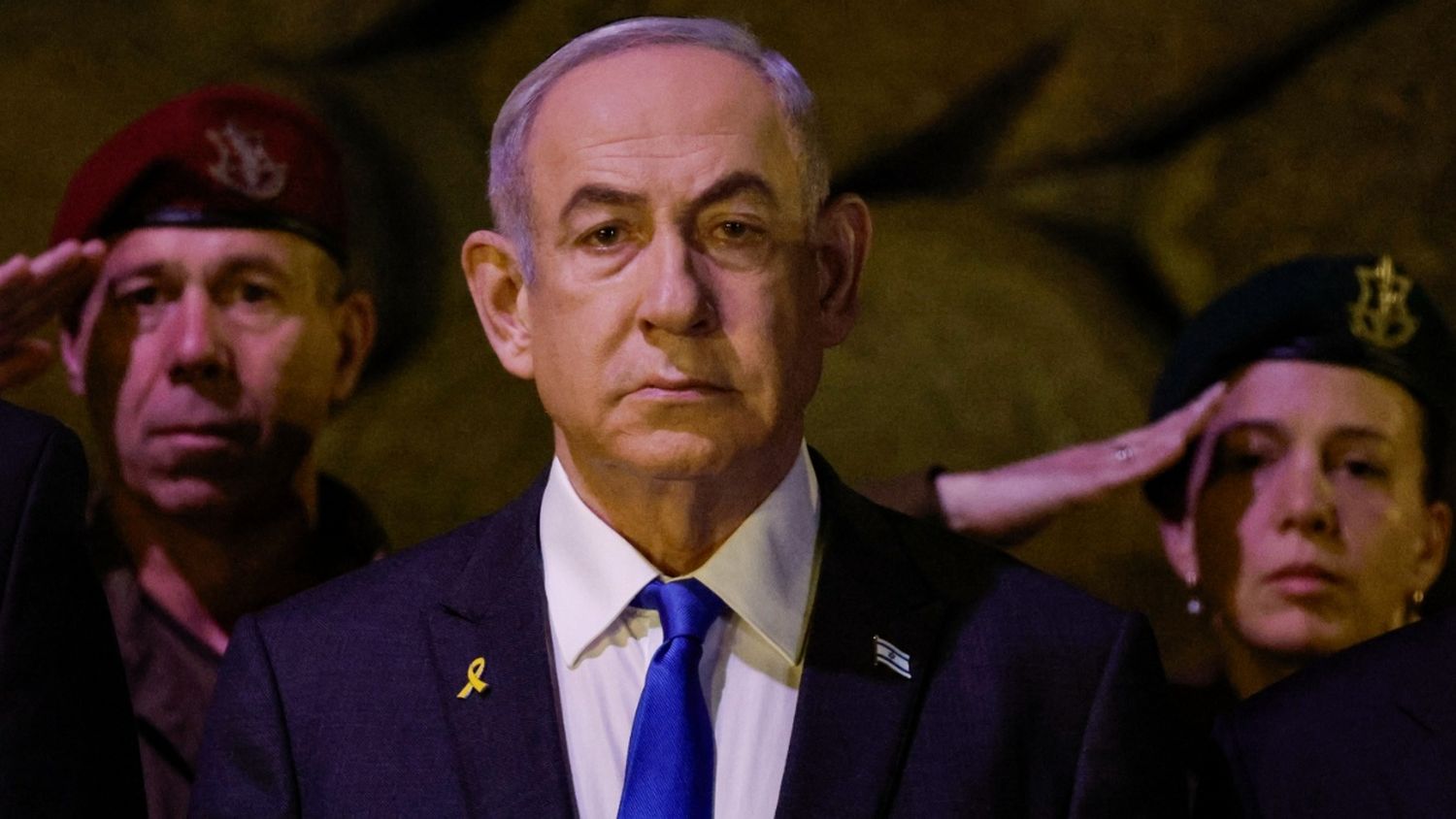Israel-Gaza War
Netanyahu Asserts Israel's Independence Amid US Arms Holdup Threat
In a defiant response to the United States' recent threat to withhold military support, Israeli Prime Minister Benjamin Netanyahu has declared that Israel is prepared to "stand alone" if necessary. This statement comes after President Joe Biden indicated that the US might restrict the supply of offensive weapons to Israel, particularly those that could be used in a potential ground invasion of Rafah, a densely populated area in the Gaza Strip.
Netanyahu's remarks were made public through a video message released on Thursday, where he emphasized Israel's resilience and historical ability to overcome challenges independently. "If we have to stand alone, we will stand alone," Netanyahu stated, echoing the sentiment of Israel's struggle during the 1948 War of Independence when the country faced a similar arms embargo.
The backdrop to this escalating tension is the ongoing conflict in Gaza, where Israeli forces are poised to intensify military operations against Hamas, particularly in Rafah. Rafah is not only a strategic location but also a humanitarian concern, as it currently shelters over a million civilians displaced by the conflict.
President Biden's cautionary stance on weapon supplies stems from concerns over the high civilian population in Rafah. In an interview with CNN, Biden expressed apprehension about the potential for significant civilian casualties if a full-scale invasion were to proceed. He clarified, however, that the US would continue to provide Israel with defensive support, including equipment for the Iron Dome missile defense system.
The US decision to potentially halt specific arms shipments, particularly those involving heavy munitions like 2,000-pound bombs, has been influenced by the dense urban setting of Rafah and the risk of high civilian casualties. This move has sparked a mix of criticism and support within various sectors of the US and Israeli administrations and has raised questions about the future of US-Israel relations.
Israeli officials have reacted with a mixture of defiance and concern. Israel's ambassador to the United Nations, Gilad Erdan, expressed disappointment, suggesting that such actions might embolden Israel's adversaries. Meanwhile, Israeli military spokespersons have downplayed the practical impact of the holdup, asserting that the Israeli Defense Forces (IDF) possess sufficient munitions for their current operational plans, including any actions in Rafah.
The situation is further complicated by internal pressures within Netanyahu's government, where far-right elements have pushed for a more aggressive stance in Gaza. National Security Minister Itamar Ben-Gvir, for instance, has been vocal on social media, criticizing Biden's stance and implying a soft approach towards Hamas.
Humanitarian concerns are also at the forefront of this issue. The United Nations has reported severe humanitarian crises in Gaza, with large segments of the population facing famine conditions due to the conflict. The potential invasion of Rafah raises alarms about worsening these conditions, with aid groups warning of catastrophic outcomes.
As the US and Israel navigate this complex scenario, the international community watches closely. The decisions made in the coming days will not only affect military strategies and political alliances but also have profound implications for the civilians caught in the crossfire of this enduring conflict.
In conclusion, Netanyahu's staunch declaration of self-reliance reflects not only the immediate tactical considerations of the Israeli military but also a deeper, symbolic stance on Israel's sovereignty and decision-making autonomy on the global stage. How this will impact Israel's relationship with its closest ally, the United States, remains a pivotal question as the situation develops.

